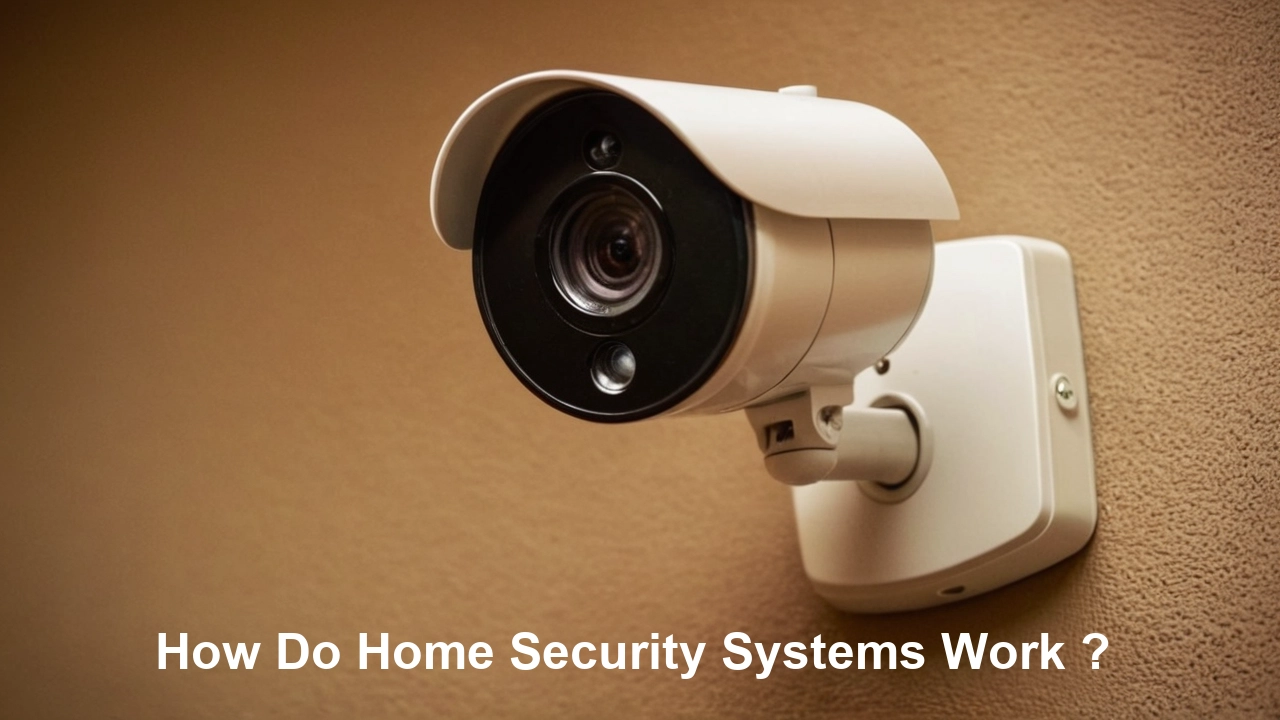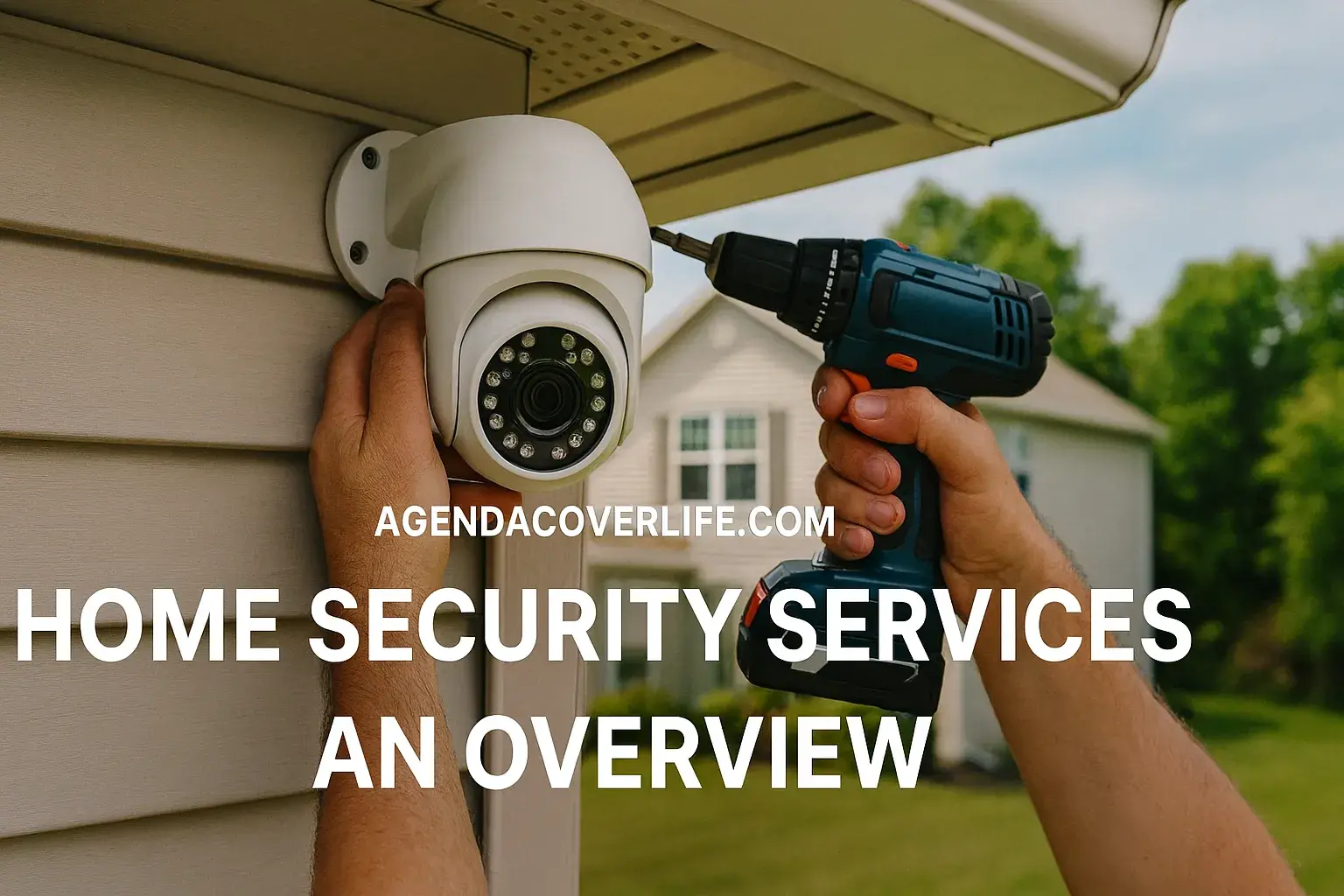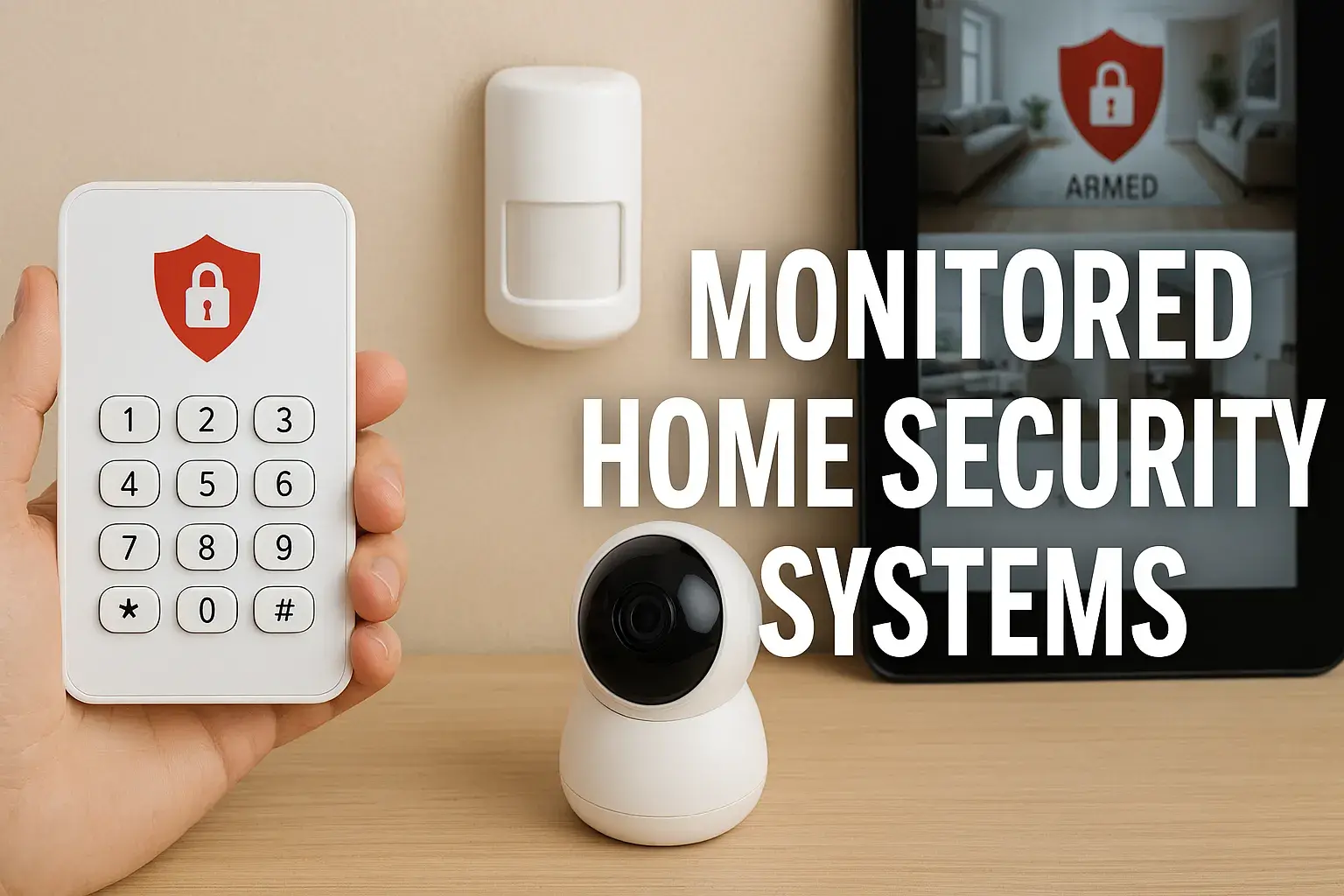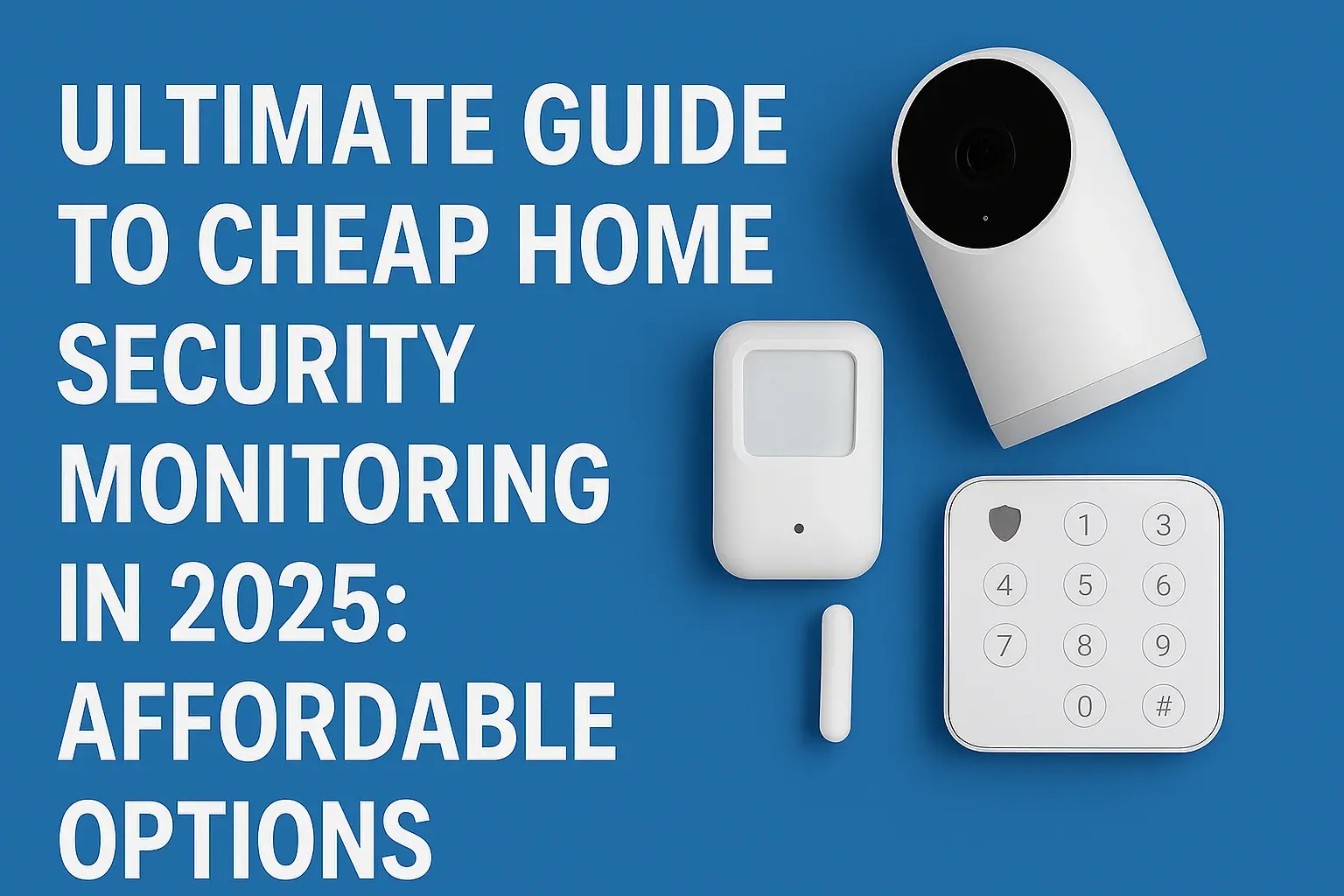In a time of technological breakthroughs, home security has taken center stage for homeowners. Effective security measures have been increasingly important as burglary rates climb, which has helped home security systems to be adopted widely. We explore the nuances of how these systems operate in this all-inclusive book, thereby giving a thorough knowledge of the parts, technologies, and procedures protecting our houses.
Home security system components:
Home security systems depend on a network of sensors and detectors thoughtfully positioned all around the house. The first line of protection is glass break sensors, motion detectors, door and window sensors, which identify illegal access and set off the alarm system.
The brain of the system, the control panel, runs the sensors, talks with monitoring stations, and sets off alarms. Touchscreens and user-friendly interfaces included in modern control panels let homeowners readily monitor and run the system.
Alarms and Alerts: The alarm system responds to a sensor identifying a possible hazard with audible sirens, flashing lights, and instantaneous communications to monitoring stations and homes. These alarms provide quick reactions to possible security breaches and act as deterrents.
Technologies Driving Home Safety:
Traditional wire-based security systems are progressively being replaced with wireless technology, which gives more freedom and simplicity of installation. By means of radio waves, wireless sensors interact with the control panel, therefore lowering the vulnerability related to cut wires.
The integration of smart home technologies with home security systems has transformed our protection of our residences. By means of mobile devices, smart security cameras, doorbell cameras, and smart locks, remote monitoring and control, provide homeowners real-time information and quick response capability.
Machine learning and artificial intelligence have improved the capacity of domestic security systems. These systems minimize false alerts by learning and adjusting to the routines of the homeowner, differentiating between typical activity and possible hazards.
Tracking and Reacting:
Many home security systems provide professional monitoring services, in which case qualified staff members constantly check alarms from the system. Should a security breach arise, these experts can call the homeowner as necessary or send emergency assistance.
Thanks to technological developments, homeowners may now monitor their security systems on their own. Real-time updates from mobile apps and websites let consumers evaluate circumstances and act accordingly. This degree of control lets homeowners act right now.
Frequently Asked Questions
Q: How do I choose between wired and wireless systems?
Deciding between wired and wireless systems depends on your home's layout and your preferences. Wired systems offer reliability, while wireless systems provide flexibility and easier installation.
Q: Can I install a home security system myself?
Yes, many systems are designed for DIY installation. However, for optimal functionality, professional installation is recommended.
Q: Are smart home security systems vulnerable to hacking?
While no system is entirely hack-proof, reputable brands implement robust security measures to minimize risks. Regularly updating passwords and software adds an extra layer of protection.
Q: Do home security systems work during power outages?
Most systems come with backup batteries to ensure continuous operation during power outages. However, it's essential to check and replace these batteries periodically.
Q: Are security cameras an invasion of privacy?
Privacy concerns can be addressed by strategic camera placement, focusing on vulnerable areas while avoiding private spaces. Additionally, using cameras with privacy features adds an extra layer of protection.
Q: What role do professional monitoring services play?
Professional monitoring services offer 24/7 surveillance, ensuring immediate response to any detected threats. While an added expense, the peace of mind they provide is invaluable.
Conclusion
In conclusion, understanding how home security systems work empowers you to make informed decisions about protecting your home and loved ones. From the foundational components to advanced features, this guide has provided a comprehensive overview. Prioritize safety by investing in a reliable home security system tailored to your needs.
Call (888) 805-5456 to get a home security system now!







